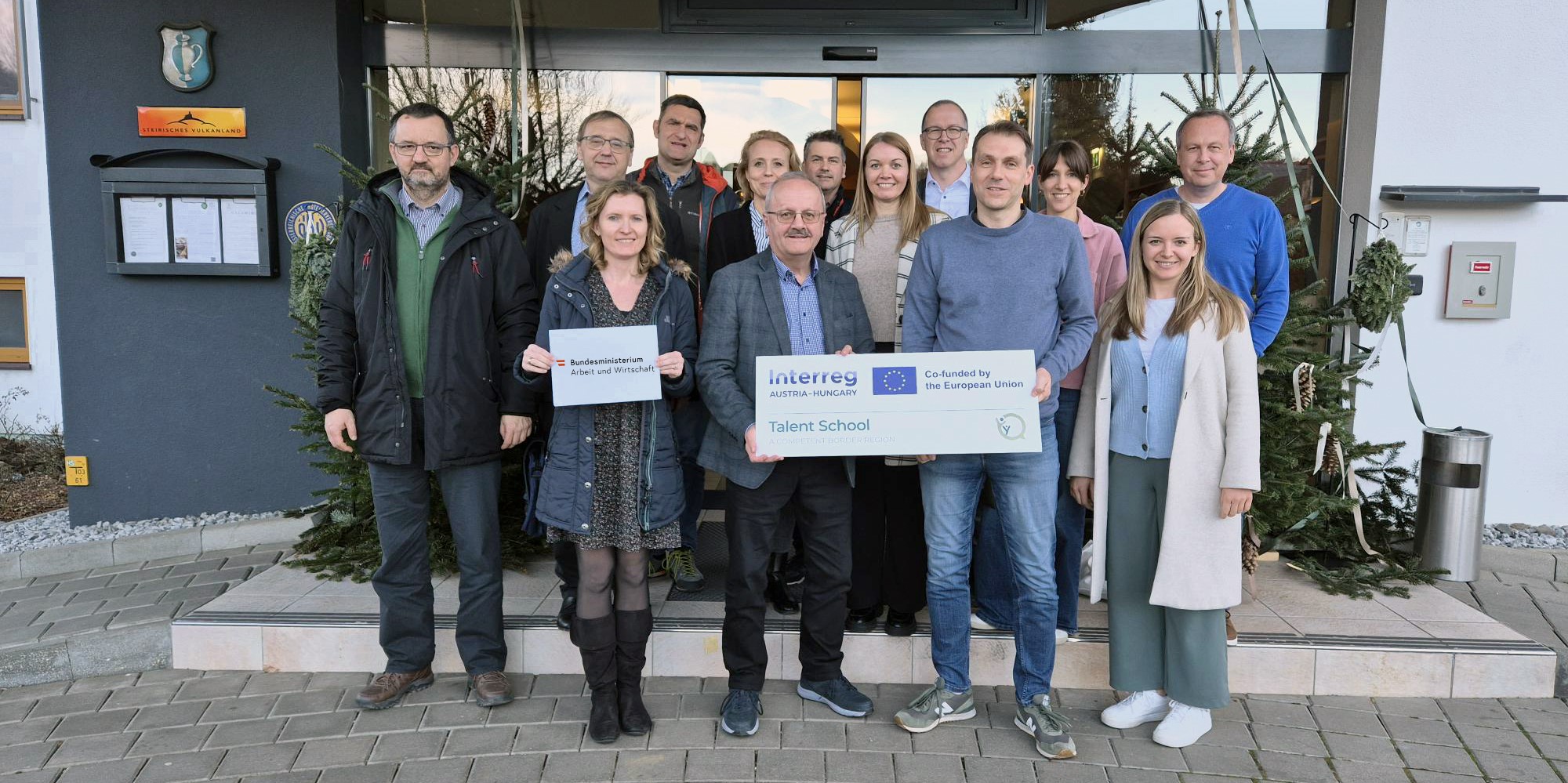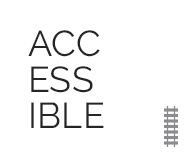Talent School - The New Focus of Vocational Training
(This article is copied unchanged from SZPI Newsletter 213, with the author's permission.)
In our rapidly evolving world, it is evident that technology and the associated knowledge are advancing at an unprecedented pace. From a very young age, children are exposed to a multitude of stimuli that hinder their ability to make decisions about everyday life, let alone the issues that will define their future. In response to these challenges, the collaborating partners of the Talent School project have developed an initiative to support schoolchildren in the Austrian-Hungarian border region in navigating the complexities of career guidance. Their innovative ideas are being brought to life through the financial support of the Interreg Austria-Hungary Cooperation Programme. To gain insight into the initiative’s progress and future plans, we had the opportunity to speak with Marlies Rainer, project manager of the lead partner, and Ágnes Gátas-Palotai, programme manager of the Joint Secretariat.
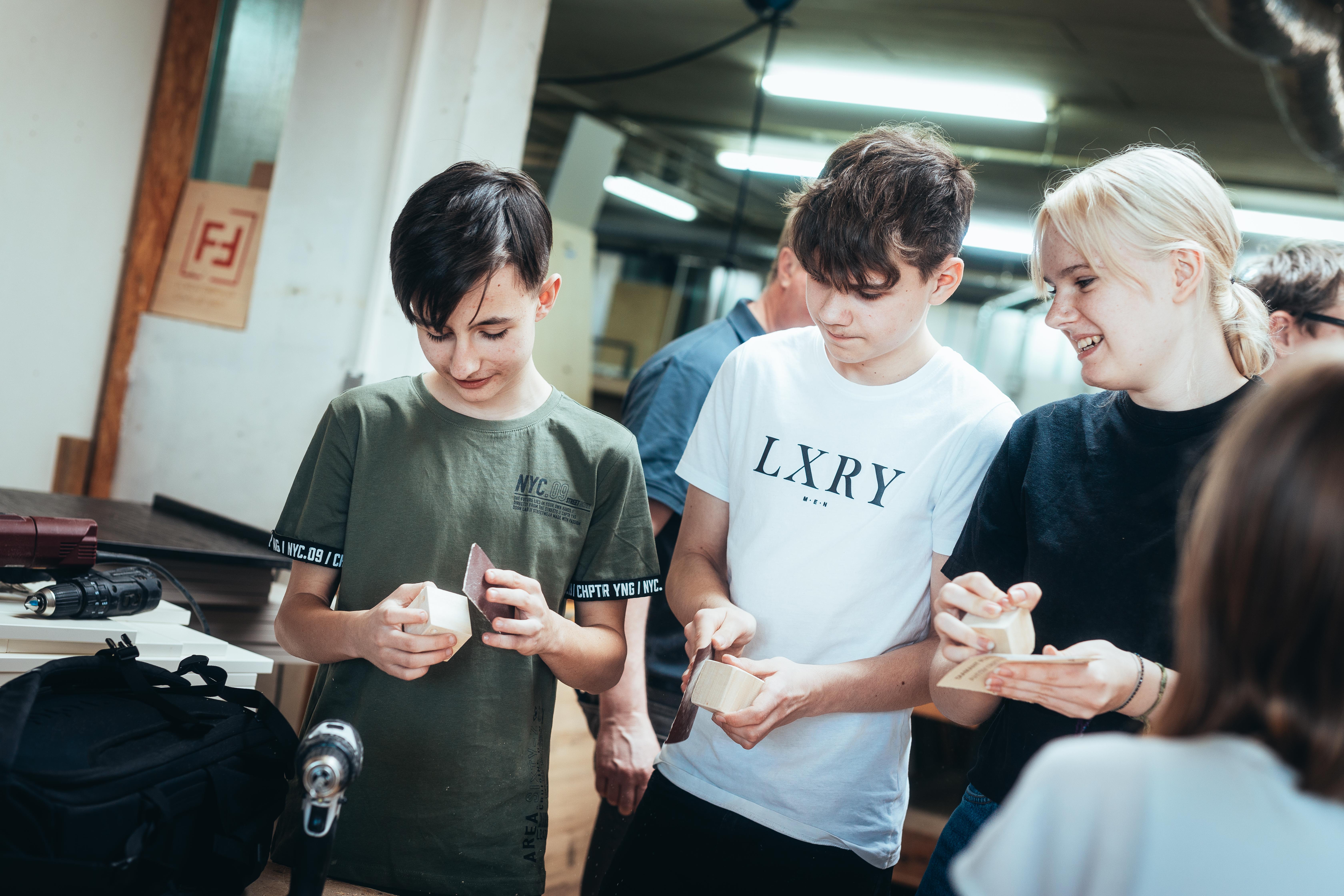
The Talent School project aims to radically transform the process of career guidance and career choice in the Austrian-Hungarian border region. The issue that determines the future of students is usually only addressed in schools when they are mid-teens, and with insufficient emphasis. However, the members of the project partnership, with the involvement of companies – for the time being only on a pilot basis – are not only presenting the various career opportunities to pupils, but they are also giving them the opportunity to get to know and try out the most important, regionally and socially relevant professions in a company environment. The initiative aims to provide students with the opportunity to explore and identify the most suitable occupations that align with their talents and interests, starting from the age of 10, and it is planned to be integrated into the curriculum for all grades.
The lead partner for the project is QUA Bildung & Projekt Gmbh (QUA), a Qualification Agency. QUA’s experts are active in two main areas: they organize various training courses to help potential employees meet the requirements of a given job, and they implement projects in the fields of regional network development, tourism, and career guidance. This education project is also linked to the latter scope of activities.
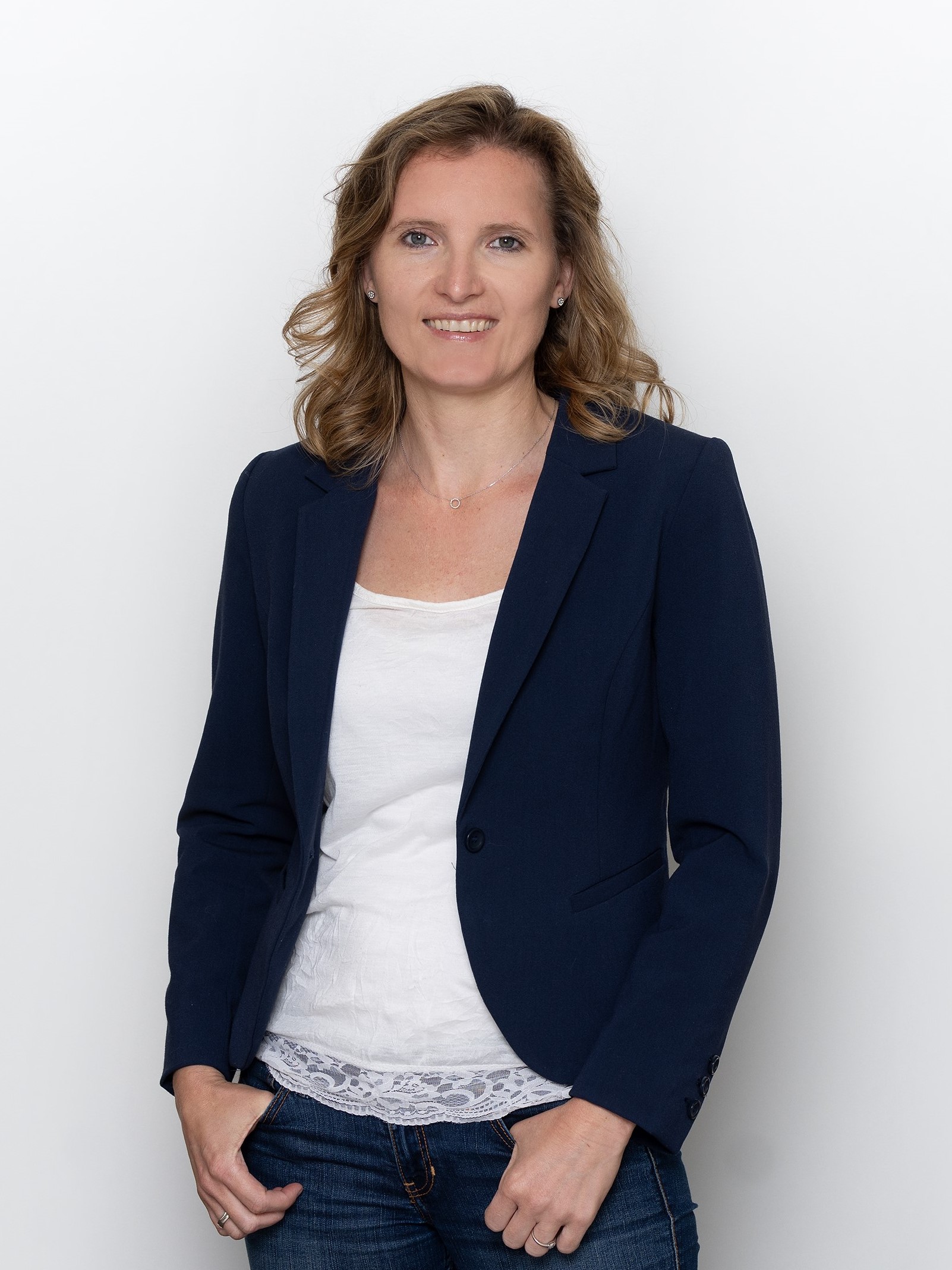

Typically, individuals begin contemplating their future careers around the age of 14. The QUA representative asserts that the process of choosing a school or career should begin earlier, ideally through the introduction of different professions to allow young learners to identify their talents, interests, and to learn about the career prospects in their region and country. ‘At present, students begin preparing for their chosen career path at the age of 13 or 14, which indicates a relatively limited timeframe. In contrast, our project offers students career guidance beginning at the age of 10 or 11. This allows them four years to explore various career paths and make informed decisions. Our objective is to ensure that career guidance encompasses not only the final period or term but also a variety of subjects for learners aged 10 to 14. We firmly believe that career guidance should be a continuous, comprehensive process that accompanies students throughout all academic grades. To that end, students should be provided with opportunities to engage with various professions from diverse vantage points, enabling them to garner hands-on experience and a more nuanced understanding of the responsibilities and demands of specific occupations.’ This approach, as articulated by Marlies Rainer, the project manager of QUA for our newsletter, is designed to complement the theoretical knowledge acquired in the classroom, offering students a comprehensive and practical understanding of the career options available to them.
The number of professions available is growing steadily, while the requirements at workplaces are constantly changing. At the same time, young people are becoming less familiar with the fields in which they are interested. Without experience, it can be challenging for them to understand the nuances of a particular profession or determine whether they possess the necessary skills. This has led to instances where companies in the Austrian-Hungarian border region experience difficulties in filling positions with young skilled workers, whereby the demands of firms often don’t meet the expectations of young adults. To address this challenge, the project has been developed to introduce a novel educational focus in schools.
The initiative is funded by the Austria-Hungary Interreg Cooperation Program (AT-HU). ‘A key factor in the project’s positive assessment was its emphasis on pertinent aspects of education. The establishment of a decision-making scheme in career choice based on experience clearly aligns with the SO31 programme specific objective. Additionally, the project presents a valuable opportunity for branding, which can be capitalized on in the future, and its long-term impact is ensured’ said Ágnes Gátas-Palotai, Programme Manager of the AT-HU Joint Secretariat, who assists the project in its implementation. ‘The emphasis of our work is on the verification of project reports and the monitoring of possible modifications. Additionally, I am in close contact with the lead partner and the sole Hungarian partner, addressing any issues and inquiries collaboratively’ – she added.
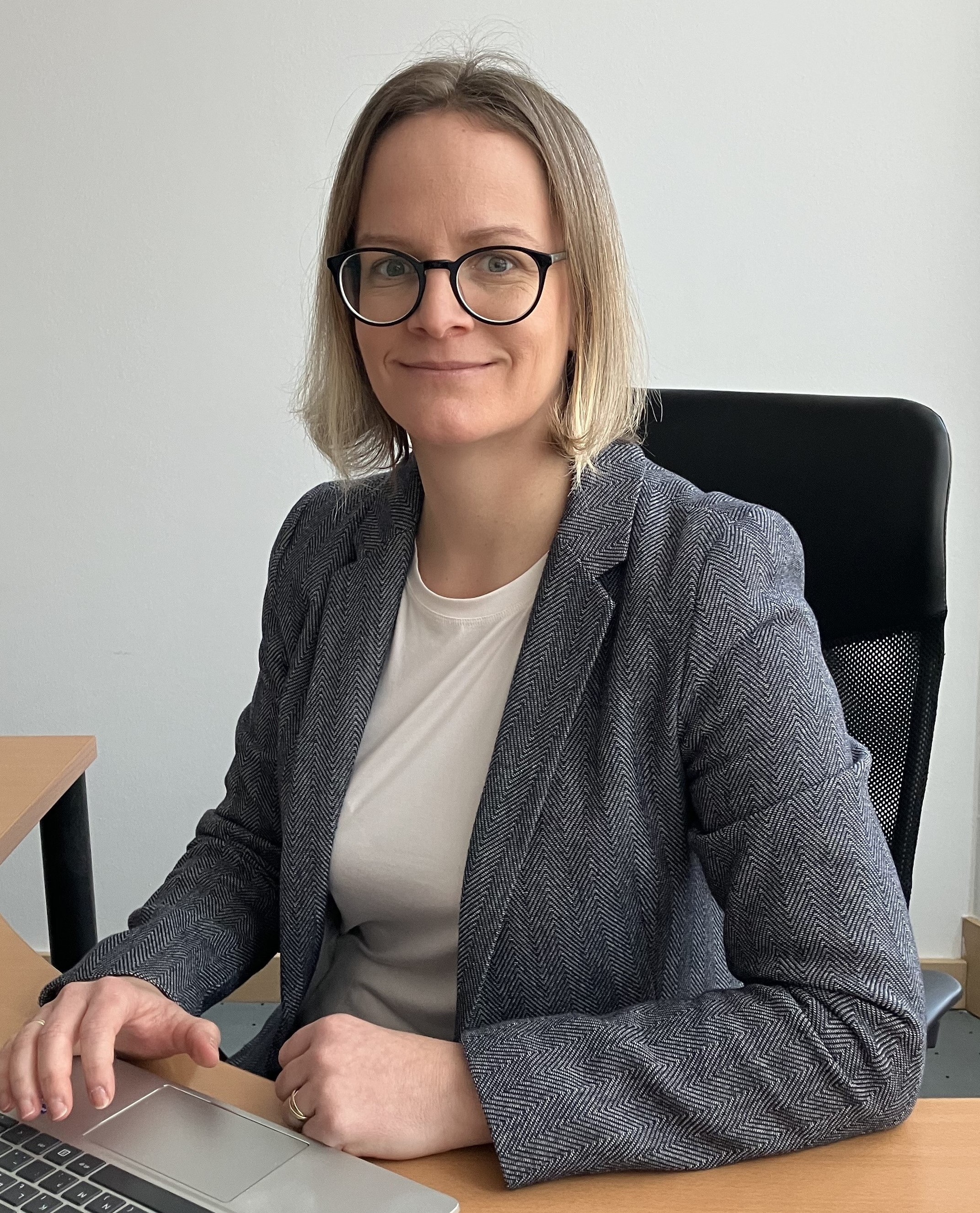

Firstly, a cross-border cooperation was established by the partnership involving relevant actors of education, economy, labour market and other regional institutions. In addition to the lead partner, the Wirtschaftsagentur Burgenland GmbH (Business Agency Burgenland), the Verein LAG Bucklige Welt – Wechselland (Association LAG Bucklige Welt – Wechselland), the IG Kraftspendedörfer Joglland and from the Hungarian side the Nyugat-Pannon Terület- és Gazdaságfejlesztési Szolgáltató Közhasznú Nonprofit Kft. (West Pannon Regional and Economic Development Public Nonprofit Ltd.) participate in the jointly implemented project along with 18 strategic partners. The associated partners are as follows: Bildungsdirektion Steiermark (Styria Department of Education); Bildungsdirektion für Burgenland (Directorate of Education for Burgenland); Bildungsdirektion Niederösterreich Außenstelle Wr. Neustadt, Bildungsregion 6 (Board of Education of Lower Austria, Wr. Neustadt); Vas Vármegyei Szakképzési Centrum (Center of Vocational Training Vas); Soproni Szakképzési Centrum (Center of Vocational Training Sopron); Wirtschaftskammer Burgenland (Burgenland Economic Chambers); Zalaegerszegi Szakképzési Centrum (Center of Vocational Training Zalaegerszeg); Wirtschaftskammer Niederösterreich, Bezirksstelle Wr. Neustadt (Economic Chamber of Lower Austria, district office Wr. Neustadt); Wirtschaftskammer Steiermark - Regionalstelle Hartberg/Fürstenfeld (Styrian Economic Chamber);
Soproni Tankerületi Központ (Educational District Centre of Sopron); AMS Arbeitsmarktservice, Regionale Geschäftsstelle Wr. Neustadt (Public Employment Service Austria, Wr. Neustadt); Szombathelyi Tankerületi Központ (Educational District Centre of Szombathely); Regionalentwicklung Oststeiermark GmbH (Regional Development Eastern-Styria); Győri Tankerületi Központ (Educational District Centre of Győr); Győr-Moson-Sopron Vármegyei Kereskedelmi és Iparkamara (Chamber of Industry and Commerce of County Győr-Moson-Sopron); Vas Vármegyei Kereskedelmi és Iparkamara (Chamber of Industry and Commerce of County Vas); Wirtschaftskammer Niederösterreich, Bezirksstelle Neunkirchen (Economic Chamber of Lower Austria, district office Neunkirchen) and Vas Vármegyei Kormányhivatal (Government Office of Vas County).
To achieve their objectives, a cooperative relationship between schools and businesses is necessary, though this is a complex process. As Marlies Rainer noted, ‘The most crucial task is to pinpoint the unique, pertinent sectors for each region and ensure that children can acquire hands-on experience to make informed decisions about their future.’ According to the project manager, identifying these key stakeholders is crucial for the success of the project’s wide-ranging activities, which are designed to have a lasting impact. ‘Our target groups are the pupils and parents residing within the programme region, who directly benefit from the new concept. Schools are also involved and will expand their offer by obtaining a special certificate that is going to distinguish their educational institution from other schools. The third target group encompasses companies as economic operators. These regional companies can showcase their workplaces to students, fostering engagement and interaction’ – she explained.
The regionally and socially relevant professions, which are presented at the training, are selected at the local level. In collaboration with businesses, schools develop and pilot appropriate methods to enable students to explore a wide range of professions and activities, thereby identifying their talents and interests. ‘The available professions in a region determine the fields of action presented by a Talent School. The school compiles a list of selected professions, taking into account the regional needs and the results of a questionnaire completed by students. At the project’s outset, students were surveyed to identify their interests and gauge the extent to which the schools could meet these needs. In some cases, only two students expressed interest in a particular profession, yet they were given special attention by the head teacher and the opportunity to learn about it’ – said Ágnes Gátas-Palotai.
Based on national and international experience, the partners are developing a basic pedagogical concept for the participating schools with the help of experts from the education sector. The institutions’ teachers will receive targeted training that enables them to implement this basic concept in their schools. ‘We have a total of 16 pilot schools in Austria and Hungary. Despite this large number, there is a very good cooperation between the partners and the educational institutions; the work is well managed. This is probably the reason why we are making very good progress in project implementation. The most exciting thing is that career guidance is integrated into the whole school and education programme. The teachers are supported to have all the necessary information and best practices at their disposal. This is also in line with the school’s guidelines and standards.

We are collaborating with all relevant stakeholders and strategic partners, as well as with the pilot schools on both sides of the border, with a view to integrating all aspects into the educational concept. We are proud to say that we have organised a significant number of workshops on both sides and have developed a strong partnership. The pilot schools have already identified the key regional sectors with whom they are collaborating and are very enthusiastic about the project implementation. They have developed numerous effective career guidance ideas. In addition, we are going to develop a training programme for teachers, which will be implemented in the upcoming months’ – said the Austrian project manager by listing the so far reached achievements. Marlies Rainer also highlighted that the pilot educational institutions have established regional cross-border working groups comprising school partners, teachers, heads of institutions, representatives of vocational training centres and companies. The 10 most important professions in the region, the overall concept, and the quality criteria for talent schools are defined by them. Schools that meet the criteria will be acknowledged and honoured in due course. The objective is to ensure the continuity of the model in all pilot schools and its adaptation by new ones. Talent schools strive to provide adequate support to students for their successful career choices and to regional companies to enable them to select skilled workers from an increasing number of candidates.

The activities take various forms. On the one hand, traditional classroom lessons will be held and on the other, students will visit different companies to gain practical experience. ‘It should be noted that all sectors and professions are affected by labour shortages. However, the objective of the project is not to direct students towards shortage occupations. Instead, it will focus on identifying students’ talents and interests. This approach enables them to identify their ideal career path’ said Marlies Rainer.
In today’s fast-paced environment, it is common for young professionals to explore a variety of career options, as few individuals remain in the same role from their initial employment. Throughout their careers, they constantly acquire new skills and build on these, as well as on the experience gained during the career guidance process. This means that a new profession could be taken up at any time. ‘The concept of a single, lifelong career is becoming obsolete. In today’s climate, lifelong learning is paramount, and it is crucial to emphasise its significance. This project is not about staying in the same job, but rather exploring a variety of professions and testing our abilities in different areas. This approach enables individuals to make informed decisions about their career choices, leveraging the insights gained through these experiences. While external factors such as people and conditions may evolve, the right mindset can provide the necessary opportunities’ – says Marlies Rainer.
The labour market in the border region between Austria and Hungary is highly interwoven; therefore, close cooperation is essential for the project’s success. Addressing the shortage of skilled labour requires effective measures on both sides of the border. In the long term, this approach will be supported by a jointly developed handbook, which will draw on the experience of the pilot project. This publication is expected to describe how the new educational focus can be successfully introduced in each school, what methods have actually proved to be useful for the children and what concrete professional experience have been gained during the practical sessions followed by the different grades, which will serve as a basis for their future decision makings.
To ensure the successful completion of this project, there are still many obstacles that the participants must overcome. ‘The challenge lies in aligning the project’s work with the relevant legislation and guidelines for schools, the education programme, and the Interreg programme’s requirements for implementation, documentation, and eligibility. Managing these in a coordinated way is a significant undertaking. We are currently in the midst of implementing the project, which presents a significant workload.’ However, the project manager affirms that ‘the positive partnership has instilled a sense of optimism regarding the impending tasks. The feedback has been extremely encouraging. The pilot schools, teachers and parents are all acutely aware of the need for career guidance and are working continuously to achieve it. We are very proud that this goal is embedded in a complex educational concept. This ensures the project’s sustainability. The objective is not only to implement the programme in the schools, but also to ensure that the results of the project are sustainable and integrated into the curriculum, so that we can continue the work after the project has ended’ – said Marlies Rainer.
The representative of the AT-HU Joint Secretariat also confirmed that the project has been very well received in both countries. Ágnes Gátas-Palotai emphasised the active involvement of educational organisations from Austria and Hungary in the events, and their willingness to openly share their experience with the project members. She confirmed that the title of Talent School will be awarded to the pilot school once the requirements have been met, with the commitment to maintain the activities in the future. ‘The existing networks will be maintained and students will be systematically introduced to various professions. The participating companies are expected to continue their involvement, as they also have a vested interest in implementing the career guidance programme. The advice of the contact persons will continue to be sought.’ The programme manager emphasised that the certificate would also attract parents who would enrol their children in such institutions with the specific purpose of gaining additional experience. She expressed her hope that the model of Talent School would be replicated in other regions as good practice in the future.
In his portrait film In Search of Electrons, Nobel Prize-winning physicist Ferenc Krausz recommends that schoolchildren should be introduced to as many things as possible. He believes that parents cannot do more for their children than this, since they do not know what dreams their children will have. ‘The most effective strategy, as I see it, is to provide children with ample opportunities to explore and experiment.’ In collaboration with the companies and experts involved, we aspire that the Talent School initiative will positively impact the career choices of numerous schoolchildren.
